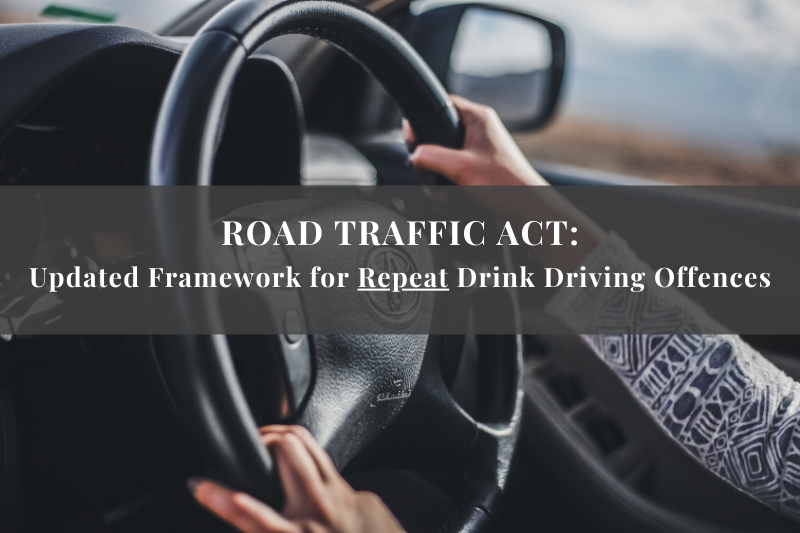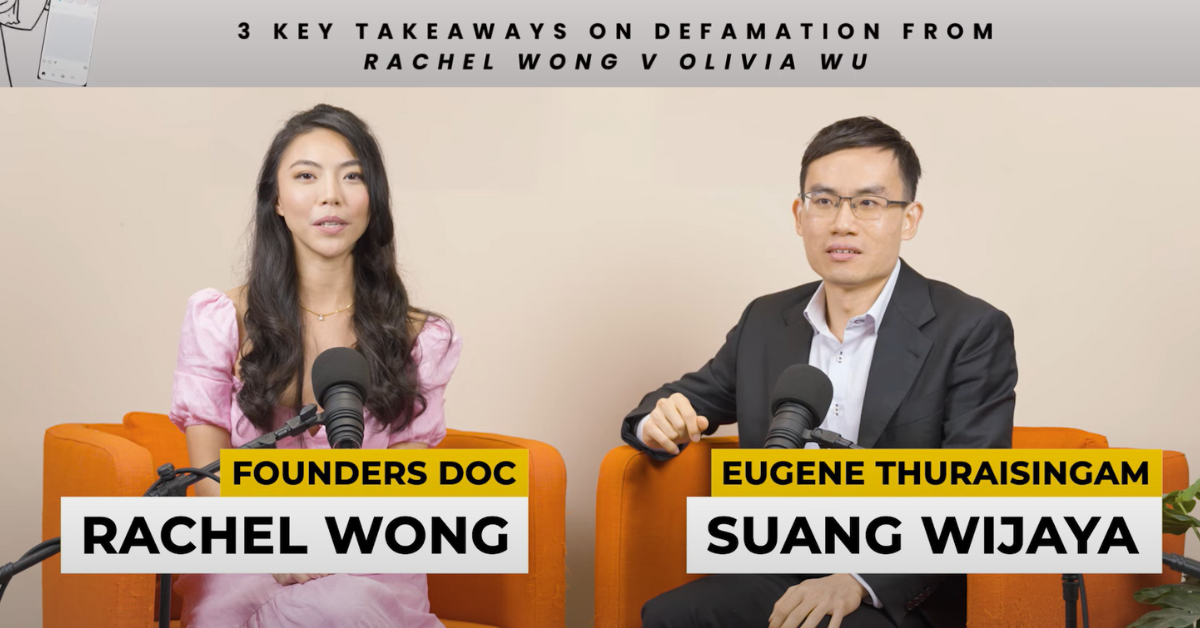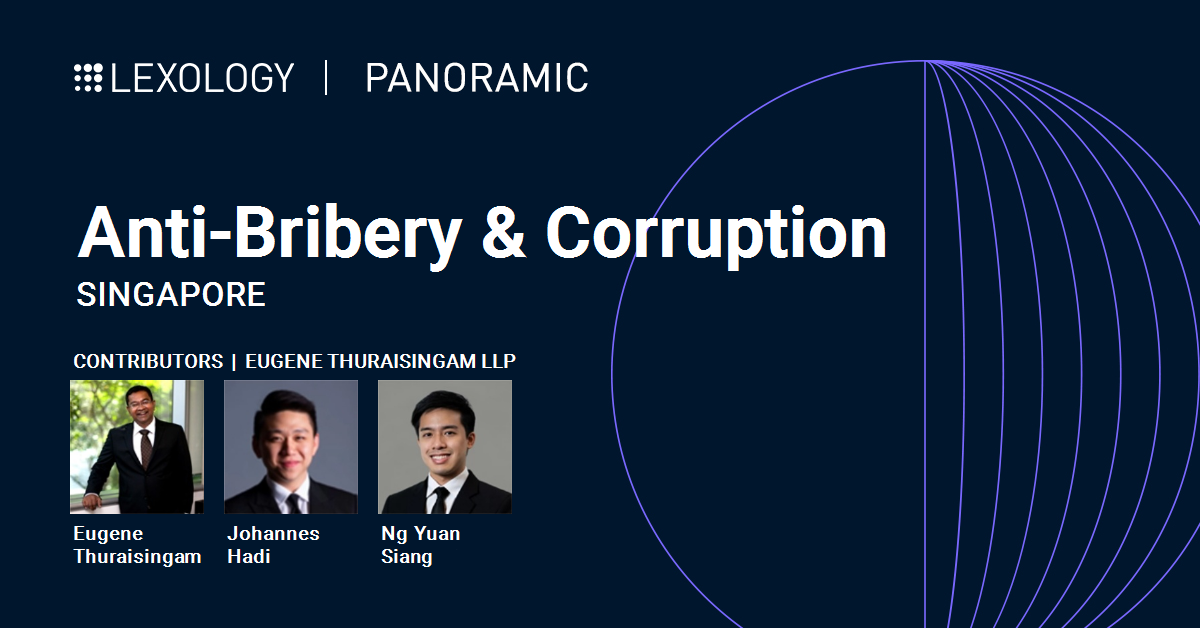Keeping Up With Covid-19
A commentary on the pace of legislative change by Chooi Jing Yen
Ignorance of the law is no defence. But what if the pace of change of the law is such that certain acts that are legal today simply become illegal tomorrow – literally overnight?
This ancient maxim found itself being stretched and tested in Singapore in March-April 2020, as a result of the government’s scrambling efforts to contain the spread of Covid-19.
As of 26 March 2020, the number of confirmed infections in Singapore was 683, when the Ministry of Health announced that it had passed the Infectious Diseases (Measures to Prevent Spread of COVID-19 Regulations 2020), which would take effect at midnight. This essentially made it illegal for a person to, amongst other things, come within 1m of another person. These regulations were first announced by the government on 24 March 2020 i.e. two days before they came into effect.
The situation did not improve, and the number of confirmed infections rose to 1,114 as of 3 April 2020. That afternoon, the Prime Minister went ‘live’ on national television to announce a uniquely-Singapore approach to curbing the spread – the “Circuit Breaker” measures. The crux of the idea was for all businesses and workplaces to close (unless they were classified as essential by the government) and for the entire country to stay at home from 7 April to 4 May 2020.
The gap of four days saw a stampede that weekend as the country took him seriously and rushed to secure items which they deemed essential but did not expect the government to.
There was a growing consensus that society needed to unite and cooperate if the battle against Covid-19 was to be effective. The question was how to ensure that this consensus permeated society in the quickest way possible, and that Singapore was not sabotaged by indifferent individuals who would not toe the line.
The blunt-force instrument of the law was chosen. The vehicle for this was the Covid-19 (Temporary Measures) Act 2020, passed by Parliament and assented to by the President on 7 April 2020.
The legislative process usually
The predecessor to any legislative act is a bill. In order to transform into an Act and become law, a bill must be read three times and voted on in Parliament, sent to the Presidential Council for Minority Rights (PCMR) to ensure that it does not discriminate against any racial or religious community, and assented to by the President. These are safeguards against the arbitrary passing of laws by a ruling government.
The timeframe within which this is done is usually at least a few months. In the case of an especially complex piece of legislation, the process may take years, beginning with the constitution of a law review committee and a consultative process where relevant stakeholders are invited to give their input. An example is the Insolvency, Restructuring and Dissolution Bill, for which a law review committee was set up in late-2010. Though the Bill was eventually tabled and passed in Parliament in 2018, it still has yet to come into force.
A less extreme, but still highly significant, example is the controversial Protection from Online Falsehoods and Manipulation Act 2019. This was first tabled in Parliament on 1 April 2019, then debated and voted on over two days in May 2019, and came into force on 2 October 2019. Before this, there were a series of specially convened public hearings in March 2018 where 79 individuals and organisations were invited to testify before a specially constituted Select Committee comprising selected Members of Parliament.
The Covid-19 (Temporary Measures) Act 2020
In contrast, the Covid-19 (Temporary Measures) Bill was read, debated and passed in a single day on 7 April 2020. To do this, the government had to get around two significant rules. First, that there be at least ten clear days between the first and second readings of any Bill.1 Second, that every Bill be sent to the PCMR for consideration before it is presented to the President for assent.2
The exception to the first rule is if the President certifies that the Bill is urgent.3 The exception to the second rule, which is enshrined in no less than the Constitution, is if the Bill is:-4
| (a) | a Money Bill; |
| (b) | a Bill certified by the Prime Minister as being one which affects the defence or the security of Singapore or which relates to public safety, peace or good order in Singapore; or |
| (c) | a Bill certified by the Prime Minister to be so urgent that it is not in the public interest to delay its enactment. |
The Covid-19 (Temporary Measures) Bill arguably fulfilled criterion (b) or (c), if not both.
In sum, this means that where both the President and the Prime Minister certify that a Bill is urgent, it can be passed in a single day.
The Covid-19 (Temporary Measures) Bill was first announced by the Ministry of Law in a press release on 1 April 2020, and at that time it was targeted at protecting the economy by varying existing contractual obligations and raising the monetary thresholds for bankruptcy and insolvency. There was as yet no contemplation that there would need to be control orders limiting the physical movement of people, especially since the government had just enacted the Infectious Diseases (Measures to Prevent Spread of COVID-19 Regulations 2020) on 26 March 2020 to deal with this.
But when the Prime Minister announced on 3 April 2020 the introduction of “circuit breaker measures”, it became necessary to introduce additional regulations to give these the force of law. Part 7 of the Covid-19 (Temporary Measures) Act 2020 was enacted to give the Health Minister the power to make control orders to curb the spread of Covid-19. This formed the legislative basis behind the Covid-19 (Temporary Measures) (Control Order) Regulations 2020, which swiftly followed its parent Act into law on 7 April 2020 itself.
It is the Covid-19 (Temporary Measures) (Control Order) Regulations 2020 which contains most of the penal provisions.
If the level of debate, consultation and public engagement prior to the enactment of the Covid-19 (Temporary Measures) Act 2020 was low, this was even less so in respect of its child, the Covid-19 (Temporary Measures) (Control Order) Regulations 2020. Being a piece of subsidiary legislation, this is normally unobjectionable. Subsidiary legislation generally functions as flesh to the bones of its parent, giving concrete expression to the general placeholders in the parent Act. Allowing a Minister to do this, as opposed to going through the parliamentary process, is efficient and practical. However, this assumes that the parent Act has been adequately scrutinised.
The gap between the announcement of the Covid-19 (Temporary Measures) Bill and its reading in Parliament was 6 days (1 April to 7 April 2020). There was no public consultation or call for feedback. The Covid-19 (Temporary Measures) (Control Order) Regulations 2020 followed like a bolt out of the blue on 7 April 2020.
An article by ChannelNewsAsia cited only two other examples of Bills being read thrice and passed on the same day. This was the Housing and Development (Amendment) Bill on 19 July 2010 and the Control of Essential Supplies Bill in 1973. Both were targeted at specific issues, and neither received very much public attention. In contrast, the impact and reach of the 2020 Covid-19 legislation is intended to be community-wide.
One other example worth mentioning is the amendment to the Infectious Diseases Act in 2003 in response to the Severe Acute Respiratory Syndrome (SARS) outbreak. The amendment was introduced and passed over two days from 24 to 25 April 2003. SARS eventually infected 238 people in Singapore and killed 33 before it was eradicated. As of 7 April 2020, Covid-19 had already infected 1,481 people in Singapore, and this number was only going to increase exponentially in the coming days.
The consensus amongst civil society was that the legislative response to Covid-19 was a necessary one, and many took heart that these measures were intended to be only temporary. The Covid-19 (Temporary Measures) Act 2020 can be in force for a 6-month period, with the Law Minister having the power to extend or shorten this period as necessary.5 The Covid-19 (Temporary Measures) (Control Order) Regulations 2020, when it was enacted on 7 April 2020, was expressly legislated to last only until 4 May 2020 i.e. the end of the “circuit breaker” period announced by the Prime Minister on 3 April 2020.
But confirmed infections continued to increase exponentially day by day, dashing the Prime Minister’s hopes that these measures would “flatten the infection curve”. On 21 April 2020, he announced that the “circuit breaker” period would be extended to 1 June 2020. The Covid-19 (Temporary Measures) (Control Order) Regulations 2020 was soon updated to apply until 1 June 2020. If anyone had any doubts about how easy it was to pass legislation in Singapore, this would have been erased. Earlier commentaries had already flagged the issue, cautioning if the law was starting to overreach.
Criminal prosecutions
This is an important issue to ventilate, because the law has to apply to every person equally. The government has to be careful about public education and enforcement, especially where it is passing legislation so quickly and in a piecemeal manner. The learned Environment and Water Resources Minister Masagos Zulkifli showed an awareness of this in his Facebook post on 8 April 2020, where he stated that the government would adopt a graded approach: warning first offenders, followed by fining them, and finally charging them in court if they continued to re-offend.
The mainstream news media quickly assisted by releasing several “explainers”, intended to convey in the simplest terms what had become illegal and what remained permitted. But it was difficult to keep up, because the law kept on changing. One significant example was the sudden introduction of the requirement that a person had to wear a mask upon stepping out of his home. This was announced on 14 April 2020 and was to apply with immediate effect. Further, there was to be no grace period for adjustment: first-offenders were to be fined $300. Legislatively, there was no difficulty with giving this the force of law. An amendment was quickly made to the Covid-19 (Temporary Measures) (Control Order) Regulations 2020, inserting a new Section 3A.
This new law was a complete reversal of the government’s previous admonishment that people should not wear a mask unless they were feeling unwell, and would prove to be the government’s bugbear for the coming weeks.
The number of infractions numbered in the hundreds daily. It is impossible to tell if the majority of these were due to ignorance, wilfulness or outright belligerence.
- On 16 April 2020, approximately 150 people were fined for breaching safe distancing rules, and another 50 people for not wearing a mask.
- On 18 April 2020, this number was almost 200 people for breaching safe distancing rules, and another over 80 people for not wearing a mask, including two repeat offenders.
- On 23 April 2020, another almost 170 people were fined for not complying with safe distancing rules, and another over 30 for not wearing a mask.
Incidentally, the last of the examples cited above came shortly after the introduction of yet another new rule – that entry to four wet markets would be restricted based on a person’s identification card number. It is probably safe to assume that the daily numbers around these periods remained largely the same.
By 30 April 2020, at least 29 people had been hauled up and charged in Court over Covid-19-related offences.
Social Issues
Two other significant issues emerged.
First, vigilantism. By now, it would probably be a stretch to maintain that society remained in homogeneous consensus with the government over the necessity of the various enforcement measures and legislation thus promulgated. The importance of wearing a mask or when this should be done proved to be a particularly divisive issue. Leaving aside breaches due to ignorance of the law, there appeared to be at least a sizeable minority that was nonchalant or outright belligerent about complying with this rule.
But those who were onboard with the idea were also convinced that any single breach was potentially disastrous for the community as a whole. Passions were strongly felt. The online space became a quick and easy way for vigilantes to expose perceived breaches of the law. Some posts were done with the good intention of public education. But others started to go a step too far, publishing identifying information and calling for others to join in the haranguing. This then led to concerns that the vigilantes themselves might be guilty of doxxing.
Second, abuse towards enforcement officers. The speed at which the legislation was introduced, coupled with their perceived importance, meant that thousands of enforcement officers across several government agencies were quickly deployed islandwide. They faced the difficult and unenviable tasks of (1) educating those who were not already aware of the relevant regulations; and (2) issuing warnings, summonses and fines.
What was not within their job scope was being assaulted by those they confronted. Regretfully, these were not isolated incidents. The security staff of private condominiums also found themselves caught in no man’s land. They were not perceived as having the power or authority to issue advisories or warnings, yet management committees could be taken to task for not closing off facilities such as gymnasiums, swimming pools and playgrounds.
Circumspection and public education
Could the situation have been managed better?
Laws are blunt and coercive. Criminal law, in particular, is not elective. Neither are regulatory requirements. Laws apply to everyone in society, whether they like it or not.
But not everyone will agree on the necessity or desirability of a particular law, or the manner in which it should be enforced, or the consequences of its breach. This is the reason and purpose behind having a second reading of every Bill in Parliament, where opposing viewpoints are debated.
In order for this debate to be meaningful and productive, Members of Parliament should be given sufficient time to prepare. Hence, the default rule that there should be ten clear days between the first and second readings of any Bill.
There is another important reason why the passage of laws should not be rushed: public education. The refusal to accept ignorance of the law as a defence is based on the idea that (1) every member of society has a responsibility to know what the law is; and (2) to disallow wilful or recalcitrant offenders from escaping punishment by simply claiming ignorance.
But this has to be based on the premise that the public has had sufficient time to assimilate and understand the law, even if they do not accept it (acceptance being an issue already dealt with by Parliament). What happens if a law needs to be urgently passed? The issuance of warnings becomes a useful midway mechanism between the soft approach of education and the harsh message of enforcement.
Rushing the legislative process may have been the direct cause of the two societal issues highlighted above. The perception that others may be ignorant of the new regulations may have led some to go overboard with their “public education” efforts. The lack of debate may have caused problems with the perceived legitimacy of these regulations, even if they were procedurally sound.
In hindsight, it might have been a better solution for the government to have taken a slower and softer approach towards the introduction and enforcement of the Covid-19-related legislation. Even if belligerents would not have been persuaded to agree with their enactment, the time allowed for public education and assimilation might have resulted in the need for fewer prosecutions and difficulties in enforcement.
If ever we needed an apt example of the law’s universal coercive power, we have that of Ms Paramjeet Kaur, who repeatedly refused to wear a mask and claimed that the law did not apply to her as she was a “sovereign”. She was ridiculed on social media, until it emerged that she might be afflicted with mental health problems. She was charged in Court and ordered to be remanded in the Institute of Mental Health for two weeks.
Ignorance of the law is not a defence, and neither is its rejection.
Footnotes
- Standing Orders of the Parliament of Singapore, Order 70(1). https://www.parliament.gov.sg/docs/default-source/Standing-Orders/standing_orders_of_the_parliament_of_singapore_(online_version-2017).pdf.
- Constitution of the Republic of Singapore, Section 78(1). https://sso.agc.gov.sg/Act/CONS1963#pr78-.
- Standing Orders of the Parliament of Singapore, Order 86. https://www.parliament.gov.sg/docs/default-source/Standing-Orders/standing_orders_of_the_parliament_of_singapore_(online_version-2017).pdf
- Constitution of the Republic of Singapore, Section 78(7). https://sso.agc.gov.sg/Act/CONS1963#pr78-
- Covid-19 (Temporary Measures) Act 2020, Section 3. https://sso.agc.gov.sg/Act/COVID19TMA2020#pr3-






